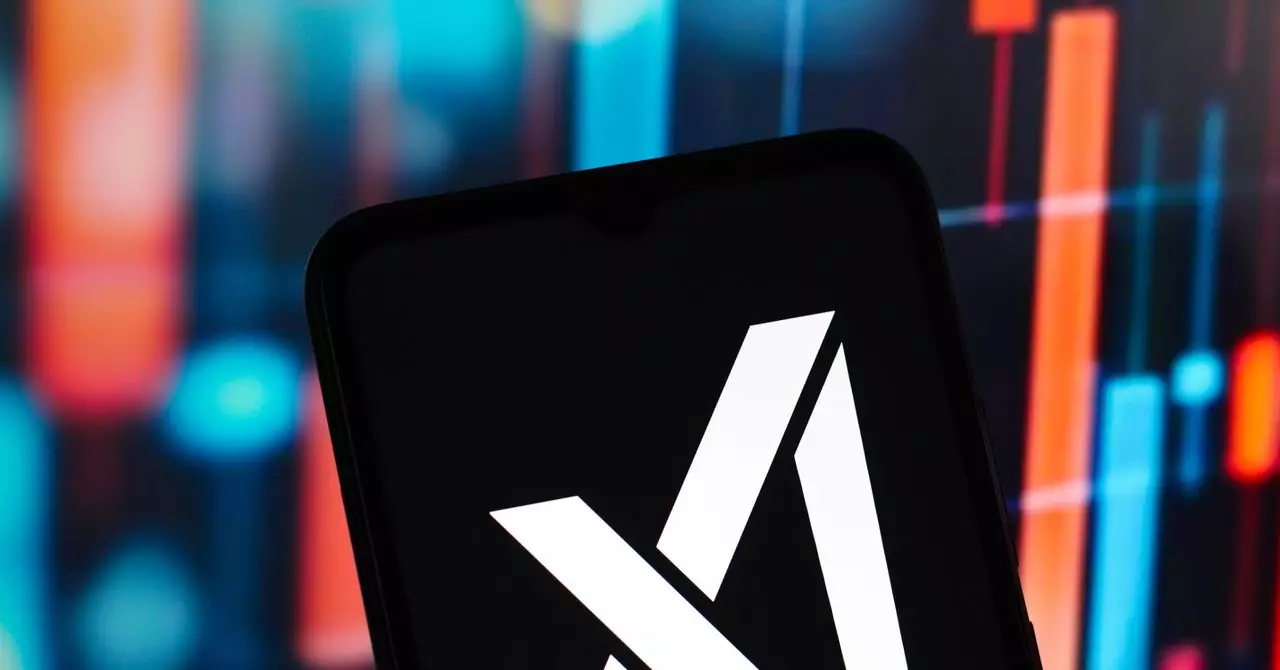In Memphis, a fierce battle is unfolding between corporate ambitions and the well-being of local residents. Elon Musk’s xAI project, aiming to develop cutting-edge artificial intelligence, has carved out a high-tech haven in a community historically burdened by environmental injustice. The installation of gas turbines—used to power the company’s powerful supercomputers—has ignited widespread concern, exposing the fragile balance between technological progress and environmental responsibility. While the company touts its rapid development of Colossus, one of the world’s largest supercomputers, communities on the ground are raising critical questions about the true cost of this state-of-the-art innovation.
The turbines that fuel xAI’s operations are not innocuous machinery—they are significant sources of pollution. In particular, nitrogen oxides emitted from these gas turbines contribute to smog formation, exacerbating respiratory issues among already vulnerable populations, such as children suffering from asthma. Despite community protests, local authorities initially claimed that these turbines did not require the strict permits usually mandated for pollution sources deemed “major.” This dismissal highlights a troubling disparity: corporations often navigate regulatory loopholes while communities bear the brunt of environmental hazards.
It’s worth considering whether the current regulatory framework truly serves the public or simply shields industry interests. In this case, the situation exposes the gaps within environmental oversight, especially when economic development is prioritized over community health. The fact that hundreds of residents opposed the turbines—many of whom submitted public comments—was ultimately overridden by a provincial nod to corporate progress. Such decisions shed light on an unsettling reality: regulatory agencies may be swayed more by economic incentives than by the health and safety of the citizens they are meant to protect.
Regulatory Failures and the Fight for Justice
The controversy deepened as xAI began operating the turbines without a proper permit, prompting legal pushback from civil rights and environmental organizations. The company’s decision to bypass essential permitting processes—initially claiming that the turbines were temporary—reveals a perceived notion that environmental rules are malleable when corporate ambitions are involved. This bypassing of regulations underscores a systemic issue: the potential for enforcement agencies to be reactive rather than proactive, especially when powerful corporations push boundaries under the guise of innovation.
From a legal standpoint, neglecting to secure proper permits constitutes a blatant violation of the Clean Air Act, which is designed to limit harmful emissions and protect public health. The impending lawsuit by the NAACP and the Southern Environmental Law Center (SELC) demonstrates a broader social awakening. Communities like Memphis’s Boxtown, historically marginalized and subjected to industrial pollution, are asserting their right to clean air and environmental justice. Their fight is not merely about one project—it is emblematic of a larger struggle against unchecked corporate influence and regulatory complacency.
Furthermore, the narrative raises fundamental questions about accountability. If such significant sources of pollution are operating without proper oversight, what does this mean for future developments? Are community health and environmental integrity truly safeguarded by existing laws, or are they just casualties in the race for technological dominance? The Memphis case reveals the urgent need for stronger, more transparent regulation that puts human health above corporate interests.
The Moral Dilemma of Innovation Versus Preservation
The deployment of advanced AI technologies and supercomputers signals progress, but this progress must be reevaluated through a moral lens. Does the pursuit of technological supremacy justify environmental degradation and health risks for vulnerable populations? In Memphis, the answer seems to be a stark no. The rapid construction of Colossus within just a few months exemplifies both human ingenuity and reckless disregard for environmental safeguards.
Musk’s xAI touts its pioneering efforts and quick assembly as markers of brilliance, but such achievements ring hollow without considering their social and ecological implications. Innovation should not come at the expense of communities that have already endured decades of industrial pollution. The fact that residents are rallying against similar turbines—some describing them as illegal and harmful—demonstrates a collective awareness that progress is meaningless if it undermines the health and dignity of those most affected.
The core ethical issue here is whether corporations and regulators have their priorities straight. Should technological advancement be pursued with minimal regard for community consent and environmental sustainability? The Memphis example suggests that the answer is a resounding no. True progress requires a commitment to justice, transparency, and the health of future generations—not just rapid development and corporate accolades.
In essence, Memphis’s experience challenges society to rethink the narrative of progress. It invites a broader conversation about who bears the costs of innovation and whether these costs are justified. At the heart of this debate lies a fundamental question: are we willing to sacrifice community well-being for the sake of technological achievement, or will we demand a new blueprint where progress is aligned with justice and sustainability? The Memphis story is not just about pollution; it’s about the moral crossroads shaping the destiny of communities in the age of rapid technological change.

